The connection between your liver, mood and hormones
By Nutrition Consultant, Jess Robinson
4000 years ago, the Chinese noticed the connection between our emotions and our liver. When your liver is hot, you can become quite fiery, and when your liver is settled, you are calm and collected. If you notice you suddenly become extremely moody and tense for no particular reason, this could be an indicator that your liver needs some TLC (Tender Loving Care). Holding on to anger and stress can also create a never-ending cycle by disrupting other body systems and further inflaming the liver.
The relationship between the liver and moods is an interesting one, and can often be connected to our hormones. Although the liver does not produce many hormones, it plays a significant role in hormonal imbalances as it is the liver’s job to break down hormones once they have been used by the body. If you have a sluggish liver, not only can it cause easy weight gain, but you are more likely to feel moody and out of sorts.
The liver breaks down the hormones known as the steroid hormones which include:
- Aldosterone – Which balances the minerals sodium and potassium and water in the body.
- The sex hormones – Which control our sex life and body shape.
- Cortisone – Which controls the immune system.
If your liver function is not optimal, it will not be able to sufficiently break down these hormones and they can build up in the body and cause hormonal imbalances.
If aldosterone is not broken down properly this can cause fluid retention, and this is a common issue for many women. Fluid retention can cause uncomfortable puffiness, aggravate cellulite and lead to weight gain.
The sex hormones we will be discussing are oestrogen and testosterone. In women, if the female hormone oestrogen is not metabolised properly, it can cause excess levels of oestrogen in the body (oestrogen dominance). Excess oestrogen can cause breast pain and lumpiness, heavy painful menstrual period and weight gain around the hips, buttocks and thighs.
If women are not able to properly metabolise the male hormone testosterone, this can cause excess testosterone in the body which can cause weight gain in the upper part of the body on the trunk and abdomen. Excess testosterone can also result in excess facial and body hair, oily skin, acne and hair loss from the scalp.
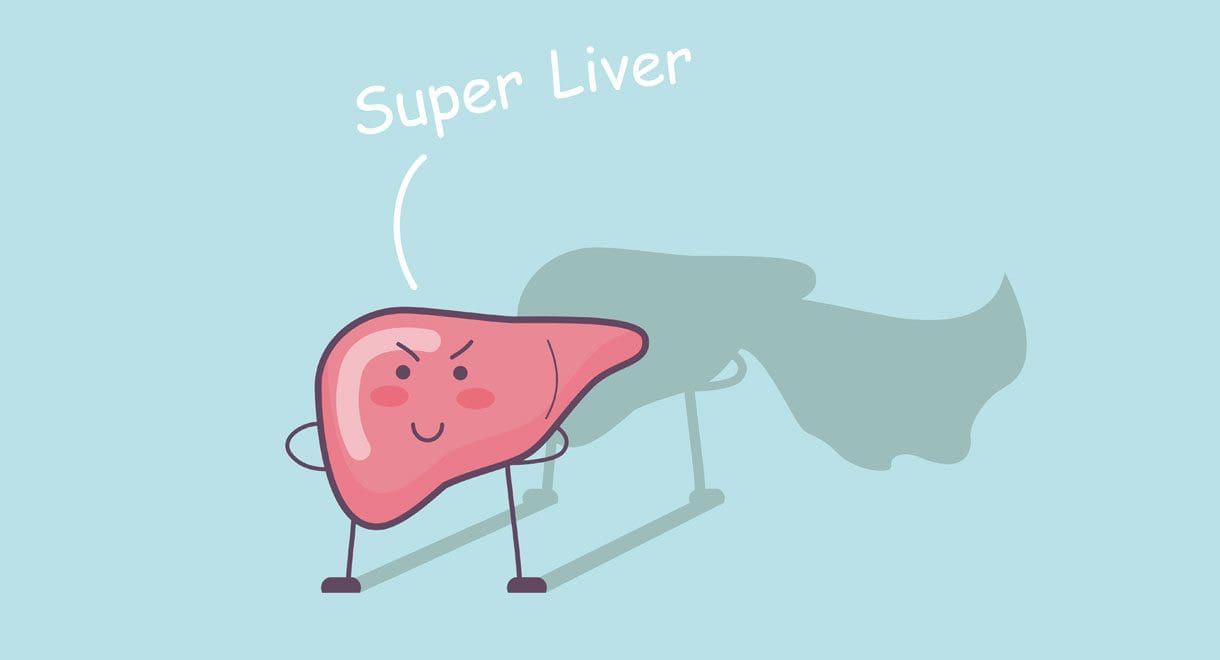
Here are some tips to improve liver function and naturally balance hormones
- Increase protein intake – Good protein sources include chicken, oily fish, lean meat, eggs, unflavoured plain yoghurt, whey protein powder and some cheeses (cottage, fetta, pecorino, ricotta, Romano, mature cheddar, parmesan, etc). Vegan first class protein can be obtained by combining legumes (beans, lentils, peas) with raw nuts and/or seeds. Protein does not spike insulin levels and therefore does not promote fat storing. Protein also promotes satiety and reduces cravings for carbohydrates.
- Eat more good fats – Contrary to popular belief, we need to consume healthy fats to support healthy liver function and a fast metabolism. Healthy fats can be found in seafood, cold pressed olive oil, nut and seed oils, raw nuts and seeds. On the other hand, damaged fats are found in all deep-fried foods, processed and preserved meats, margarines and cheap cooking oils.
- Eat more plant based foods – Raw vegetables and fruits are the most powerful liver healing foods. Eat a large salad at least once a day, and make your own dressing made with cold pressed olive oil, apple cider vinegar, lemon or lime juice. Raw foods help to cleanse and repair the liver filter, so it is able to trap and remove more fat and toxins from the bloodstream. Whilst attempting to reverse a fatty liver and lose weight, we recommend consuming no more than two pieces of fruit a day.
- Follow a low carb diet – A low carb way of eating means eliminating sugar, refined and/or bleached flour and foods containing these things. If you are overweight and struggle to lose weight, it is very effective to exclude all grains for at least three months. Grains to avoid are wheat, rye, oats, barley and rice. You can replace these grains with legumes (beans, lentils, chickpeas), raw nuts and seeds. There is an excellent eating plan in Dr Cabot’s book ‘Fatty Liver: You Can Reverse It’ or ‘The Liver Cleansing Diet’.
- Take a daily liver tonic – Taking a well-formulated liver tonic can be very effective for repairing damaged liver cells, detoxification of the liver and increasing bile flow for optimal digestion.
- Consider bio-identical hormones – These are natural hormones rather than synthetic hormones, and depending on your individual needs may contain progesterone, oestrogen, testosterone or a mixture of all three. Creams that contain a mixture of natural hormones are absorbed very efficiently and do not overwork the liver. For more information on natural hormones read Dr Cabot’s book ‘Hormones: Don’t let them Ruin Your Life’ or ‘Hormone Replacement: The Real Truth’.
- Exercise regularly – Maintain a regular exercise regime to boost your metabolism and reduce insulin levels. Good exercise options include walking, running, cycling, swimming and resistance exercises. Half an hour of exercise each day is optimal, and you may benefit from exercising with a friend or family member and making an upbeat playlist to stay motivated. Once you improve your liver function, you will notice your energy levels will rise and your mood and mental state will be much better.
- Stay hydrated – Many individuals do not drink enough water, optimally we should all be having 2L of water a day. Hydrating fluids include filtered water, herbal teas, weak black tea and raw vegetable juices. There are excellent recipes in Dr Cabot’s book ‘Raw Juices Can Save Your Life’. As the liver is the filter and cleanser of your blood stream, it is essential that it stays adequately hydrated to serve as a much more effective internal cleanser. Staying well hydrated will also boost your metabolism and support weight loss.


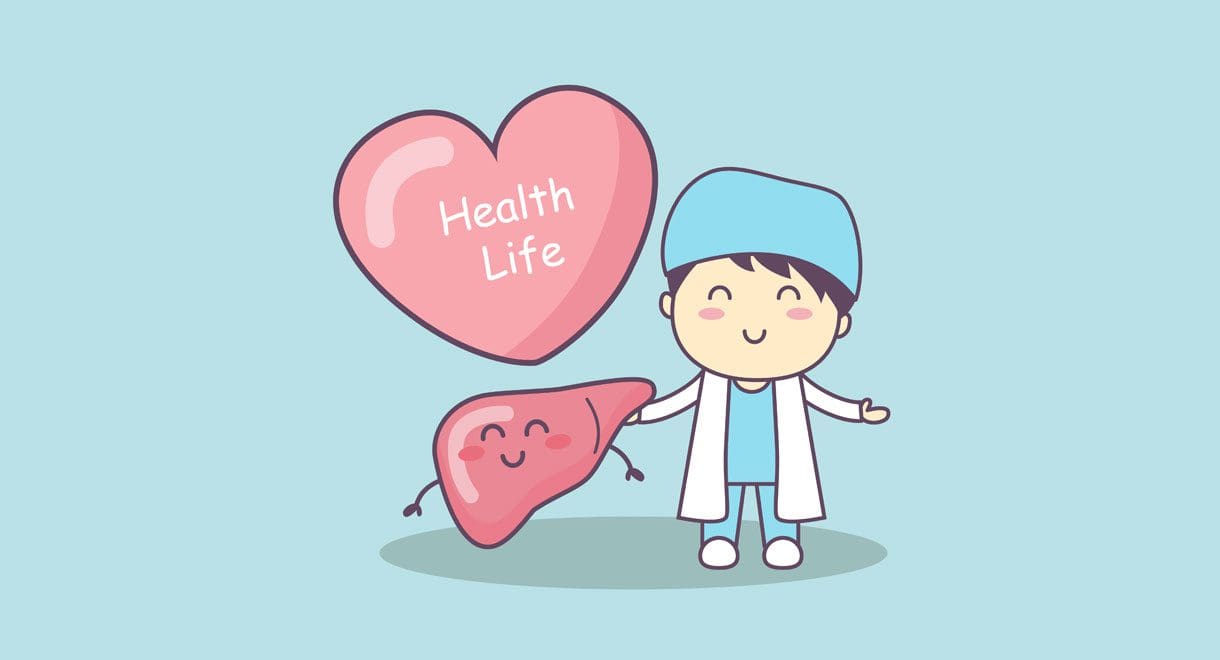


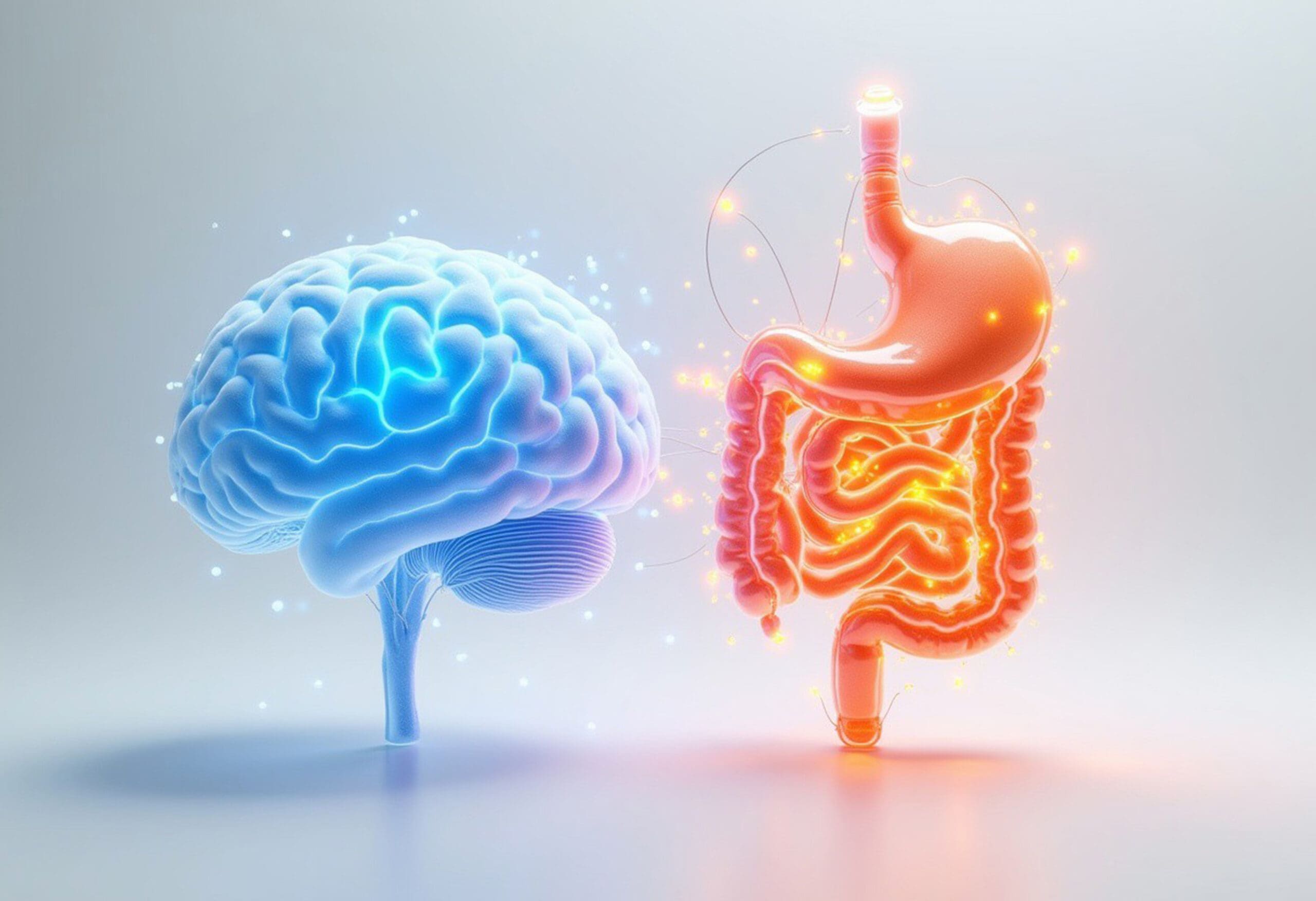
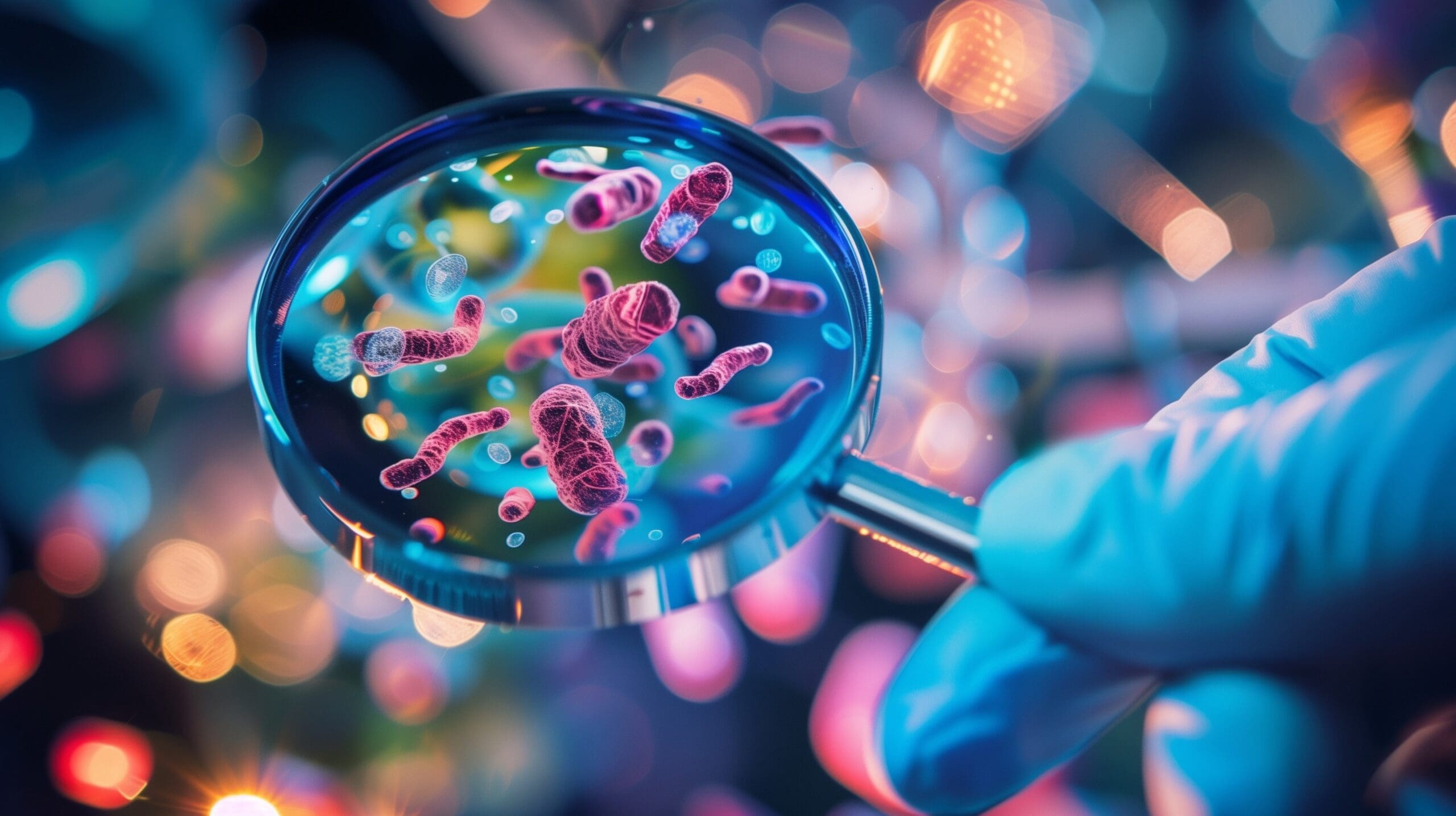
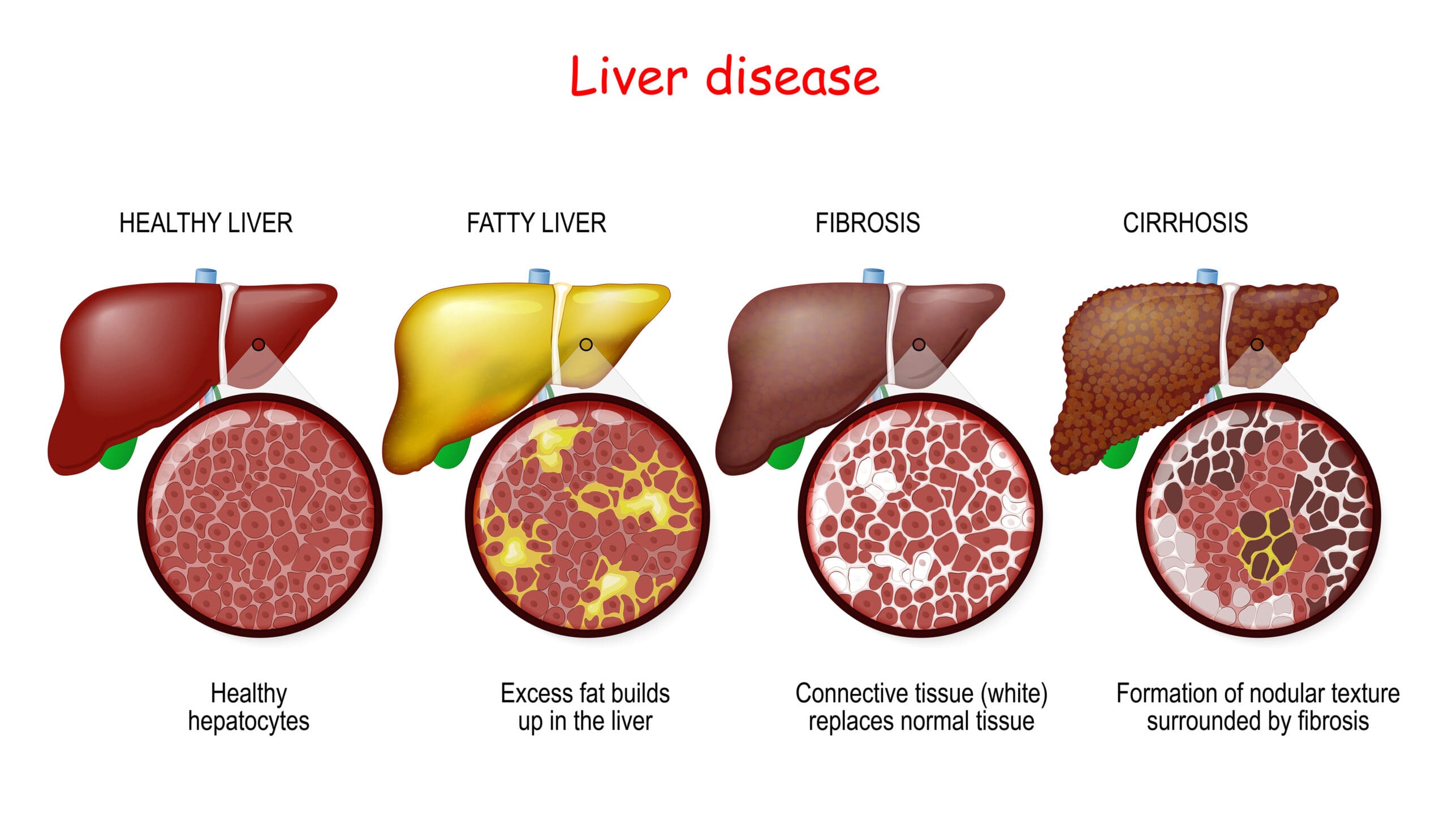

Leave A Comment